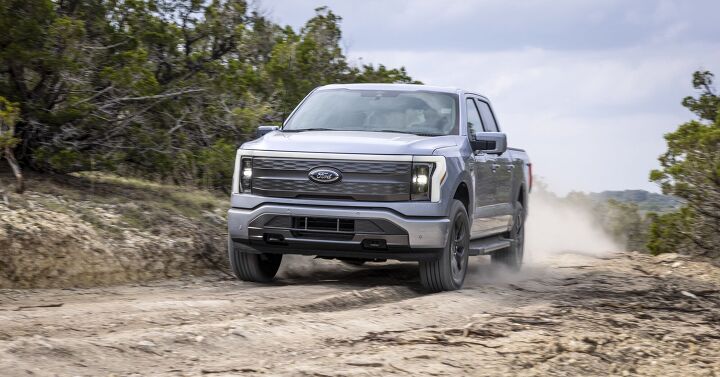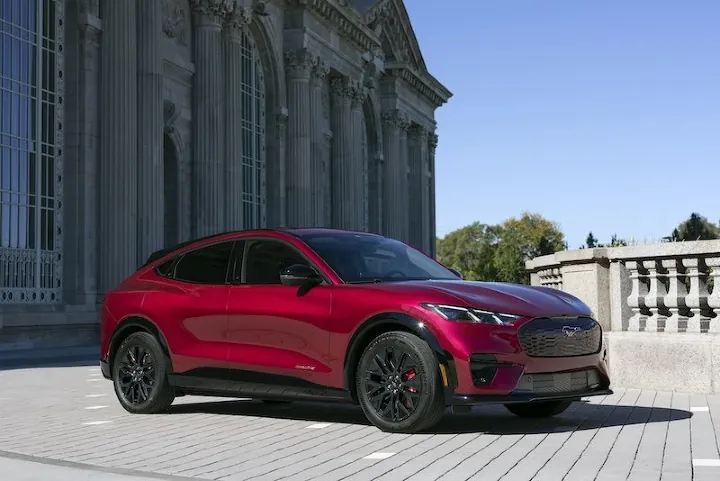
The federal EV tax credit ended at the end of September, but some automakers extended discount programs to compensate for the loss of the up to $7,500 incentive. Early on, Ford announced that it would be one of them, but the automaker is now backing away from that plan.

Ford, along with General Motors and others, said it would let dealers buy vehicles and then lease them to customers, which would allow them to pass their credits on to customers. That’s no longer the case, as a spokesperson told Reuters that, “Ford will not claim the EV tax credit but will maintain the competitive lease payments we have in the market today.” The Blue Oval has a few decent incentive programs running right now, including zero-percent financing on new EVs and a financing program for subprime borrowers on the F-150.
Interestingly, GM has taken similar steps, saying it would self-fund discounts through the end of October. Its decision came after U.S. Senator Bernie Moreno said the actions were those of “certain car companies who wish to continue bilking the U.S. taxpayer.” It’s unknown if Ford’s decision is related to that statement.

The end of EV tax credits will undoubtedly have an impact on the market, but to what degree is anyone’s guess. Ford CEO Jim Farley said he expected EV market share to shrink from between 10 to 12 percent to somewhere around five percent.
[Images: Ford]
Become a TTAC insider. Get the latest news, features, TTAC takes, and everything else that gets to the truth about cars first by subscribing to our newsletter.

